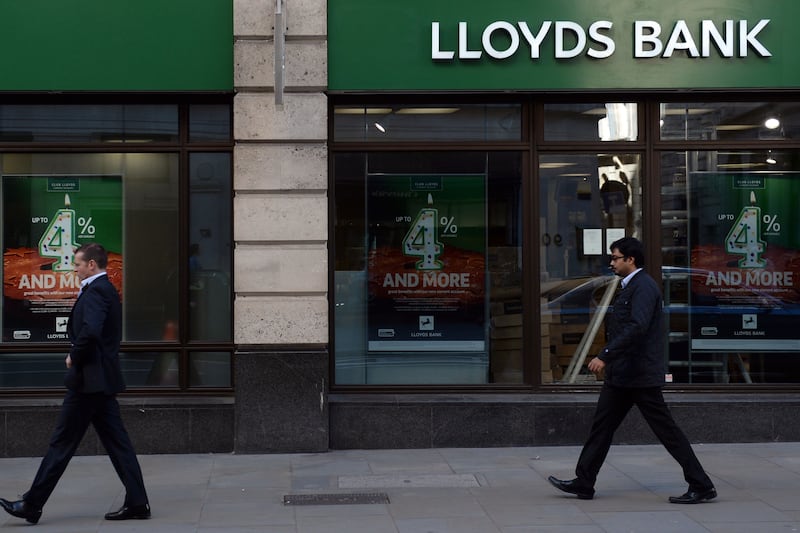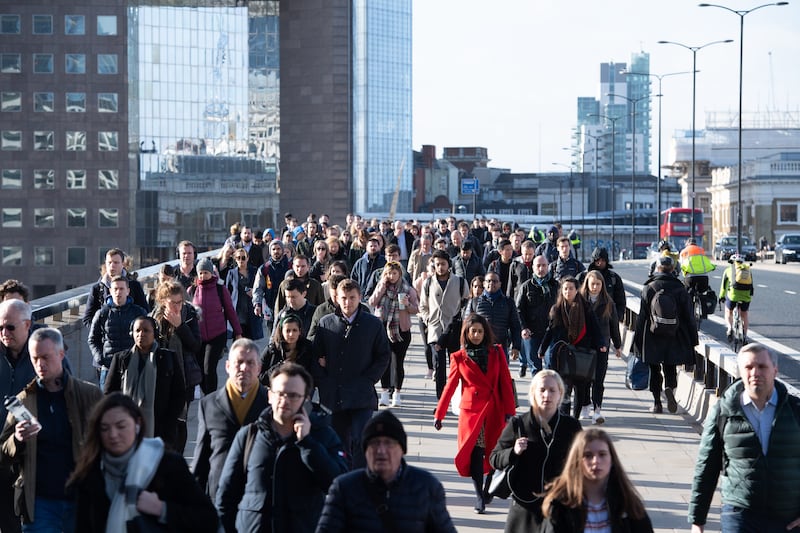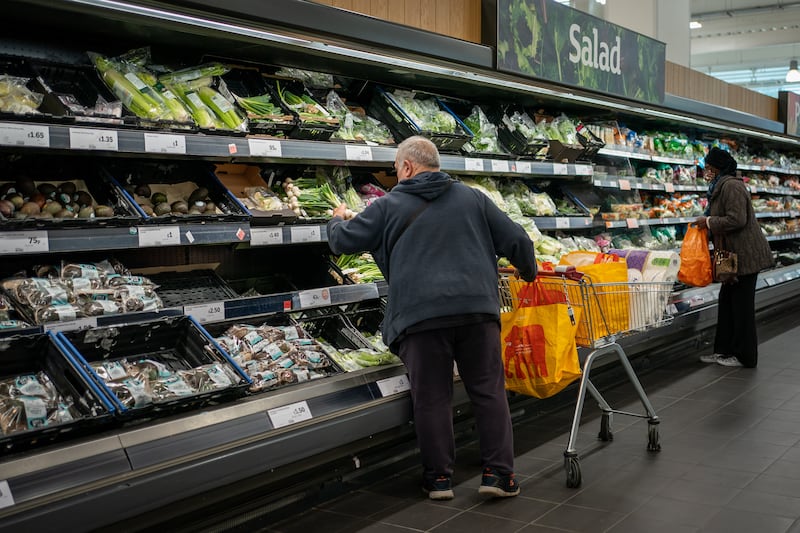HOUSEHOLDS face the biggest annual fall in their standard of living for at least 32 years, the Bank of England has said.
The warning came as the Bank yesterday raised interest rates to 0.5 per cent and signalled more increases are on the way.
It said rocketing energy prices will drive inflation to an eye-watering peak of 7.25 per cent in April, the highest level since August 1991.
The Bank anticipates that real post-tax labour income will fall by two per cent in 2022, the biggest fall since comparable records began in 1990.
Workers face a double tax hit in April from the changes to National Insurance contributions and the freeze on income tax thresholds.
The combination will leave the average household £600 a year worse off in 2022-23, according to the Resolution Foundation.
Meanwhile, the price of home heating oil rose again this week. The Consumer Council’s oil price tracker said 900 litres now costs on average £528 in the north, almost £200 more than at the end of March 2021.
At current prices, it means the average family household in the north could pay between £1,500 and £1,700 on heating oil this year.
It follows confirmation from Firmus Energy that domestic customers on the Ten Towns network will pay another 34 per cent from February 24, taking the average annual bill to £1,293.
The change to interest rates announced on Thursday followed a close vote at the Bank of England's Monetary Policy Committee (MPC), with 5-4 in favour of raising rates from 0.25 per cent to 0.5 per cent.
It marked the first back-to-back rise since 2004, coming after a quarter point increase at its last meeting in December.
Four of the nine members called for a steeper rate increase - to 0.75 per cent - to help put the brakes on rampant inflation.
The 0.25 per cent increase is expected to add another £250 per year onto the average £100,000 tracker mortgage.
Bank governor Andrew Bailey said "If we don't take this action, it (inflation) would be even worse."
He added: "We have not raised interest rates today because the economy is roaring away.
"An increase in Bank rate is necessary because it is unlikely that inflation will return to target without it."
The Bank said while the economy is expected to bounce back quickly from an Omicron impact in December and January, growth will then slow to "subdued rates" as inflation impacts spending.








